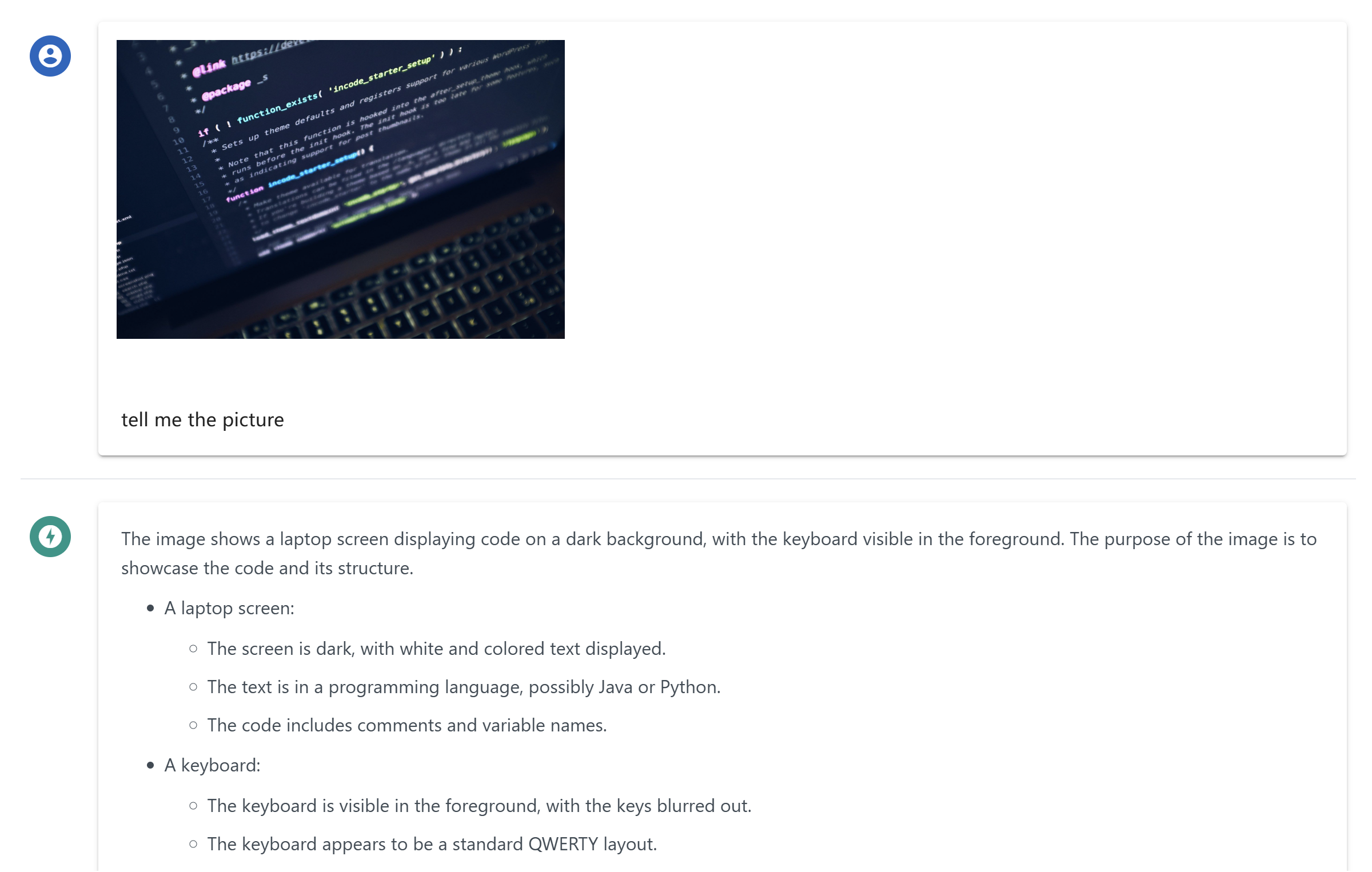Mcp 聊天桌面应用程序
一个桌面聊天应用程序,利用MCP(模型上下文协议)与其他大型语言模型(LLMs)进行接口。
概览
什么是 chat-mcp?
chat-mcp 是一款桌面聊天应用程序,利用模型上下文协议(MCP)来促进与各种大型语言模型(LLMs)的通信。这个创新的应用程序允许用户与多个 AI 模型无缝互动,通过利用每个模型的独特能力来增强他们的聊天体验。
chat-mcp 的特点
- 多模型支持:chat-mcp 可以连接到各种 LLM,允许用户选择最适合他们需求的模型。
- 用户友好的界面:该应用程序设计简洁直观,便于用户导航和使用其功能。
- 实时通信:用户可以进行实时对话,立即从连接的 LLM 收到响应。
- 可定制设置:用户可以调整设置,以根据个人偏好定制聊天体验。
- 开源:作为一个开源项目,chat-mcp 鼓励社区贡献和开发透明度。
如何使用 chat-mcp
- 下载并安装:访问 chat-mcp 仓库 下载最新版本的应用程序。
- 设置您的账户:按照屏幕上的说明创建账户或登录。
- 连接到 LLM:从可用的 LLM 中选择进行连接。您可以根据需要在模型之间切换。
- 开始聊天:在聊天窗口中输入内容开始对话。LLM 将根据提供的上下文作出响应。
- 探索功能:利用可定制的设置来增强您的聊天体验。
常见问题解答
什么是模型上下文协议(MCP)?
模型上下文协议(MCP)是一个框架,允许不同的 AI 模型进行通信和共享上下文,从而实现更连贯和上下文相关的对话。
chat-mcp 是免费使用的吗?
是的,chat-mcp 是一个开源应用程序,这意味着它可以免费下载和使用。如果您愿意,也可以为其开发做出贡献。
我可以为 chat-mcp 项目贡献吗?
当然可以!欢迎贡献。您可以在 GitHub 仓库 提交问题、功能请求或甚至拉取请求。
chat-mcp 支持哪些平台?
chat-mcp 旨在跨平台,支持主要操作系统,如 Windows、macOS 和 Linux。
我该如何报告错误或问题?
如果您遇到任何错误或问题,请在仓库的 问题页面 上报告。您的反馈对改进应用程序非常重要。
通过使用 chat-mcp,用户可以增强与 AI 模型的互动,使对话更加引人入胜和富有信息。
详情
…
Server配置
{
"mcpServers": {
"chat-mcp": {
"command": "docker",
"args": [
"run",
"-i",
"--rm",
"ghcr.io/metorial/mcp-container--ai-ql--chat-mcp--chat-mcp",
"npm run start"
],
"env": {}
}
}
}